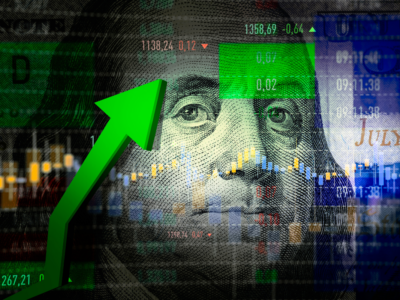By August, the last of the huge oil-output cuts the group made in 2020 will have been rolled back and delegates from the 23-nation OPEC+ coalition say they are now grappling with what comes next.
As President Joe Biden prepares to visit Saudi Arabia, US officials are laying the ground for the kingdom and the UAE to move beyond their August production levels and announce further increases to help cool oil prices that are above $110 a barrel, Bloomberg reported.
Saudi Arabia has been walking a fine line between heeding the requests from its longtime but somewhat estranged US ally and the joint architect of the alliance that rescued oil prices from their worst slump in history – Russia.
In a show of support for the increasingly ostracised nation, Saudi Energy Minister Prince Abdulaziz bin Salman traveled to St. Petersburg International Economic Forum this week, posing for a photograph with Russia’s Deputy Prime Minister Alexander Novak and describing relations between the two capitals as “good.”

Yet earlier this month, Riyadh showed some sympathy for oil consumers’ distress by steering the group to accelerate production increases in July and August by 50 percent.
“OPEC has a long history of being pragmatic amid turbulent geopolitics,” Bjarne Schieldrop, the chief commodities analyst at SEB AB told Bloomberg.
“They want to have the shine of being seen as a ‘responsible’ actor.”
Limited capacity
In theory, the accelerated timetable for OPEC+ increases adds up to 648,000 barrels a day in each of those months.
But the figure is largely symbolic, with most members of the Organization of Petroleum Exporting Countries and its partners unable to increase production further. The only spare capacity is confined to just a few Middle East members, Bloomberg reported.
Once they reach the targets specified for August by the current agreement, Saudi Arabia and the UAE will have roughly another 2.2 million daily barrels of unused output to deploy, data from the International Energy Agency in Paris show.

That’s about 2 percent of global supply, and with soaring prices threatening to tip the global economy into recession, plus sanctions on OPEC+ member Russia stoking further turmoil, consumers will welcome any relief they can get.
“There might be some Saudi nod in the direction of releasing more oil, but there’s the realisation that there’s a limit now to what they can do,” Bill Farren-Price, a director at Enverus Intelligence Research told Bloomberg.
Political leverage
The Saudis are considering whether to assent to the request but, with the kingdom enjoying its greatest political leverage for several years, it’s unclear whether an agreement will be reached, according to people familiar with the negotiations.
Other OPEC+ nations are quietly swapping views on the best way to proceed, delegates said. Ministers will consider the next steps either at an online meeting on June 30, or, at the latest, a subsequent gathering in late July or early August.
In the wider coalition, some members privately question whether the group should acknowledge its constraints by shifting to a less formal approach, delegates said.
The system of output quotas in place since late 2016 could be relaxed, allowing the few countries with capacity to produce at whatever level is needed, some countries have suggested.
Meetings may no longer be needed at the monthly pace largely in effect since the pandemic erupted in 2020, they said. Before Covid-19, the cartel typically gathered every six months.
It’s unclear though whether such a shift would be endorsed by Riyadh, which has repeatedly stressed that global markets are reassured by OPEC’s careful management style.





